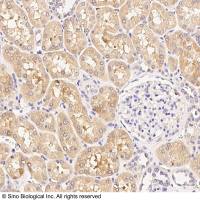Epigenetic Approaches and Methods in Developmental Toxicology: Role of HDAC Inhibition in Teratogenic Events
互联网
200
The relevance of histone acetylation/deacetylation in regulating decompaction/compaction of chromatin and, consequently, in regulating gene expression, has been described for many physiological and pathological biological processes, including normal and altered embryo development. Similarly to other biological systems, also in embryo cells the acetylation status is controlled by the antagonist activity of histone acetyl transferases (HATs) and histone deacetylases (HDACs) and is influenced by other factors acting on chromatin structure (i.e., every epigenetic modification of chromatin). The relevance of acetylation during development has been demonstrated in all developmental phases, from gametogenesis to zygote formation and during early and late embryonic stages. Moreover, the increase number of xenobiotic showing HDAC inhibitory activity recently focused the attention of teratologists on the possible role of HDAC inhibition as a novel teratogenic mechanism. This hypothesis has been demonstrated at least in embryos at somitogenic stages (for mouse embryos from stage E8 till stage E15): HDAC inhibition, histone hyperacetylation, increased cell death (apoptosis) has been suggested as the main event cascade involved in axial skeletal defects induced in rodent by a number of HDAC inhibitors, including the antiepileptic drug valproic acid.









